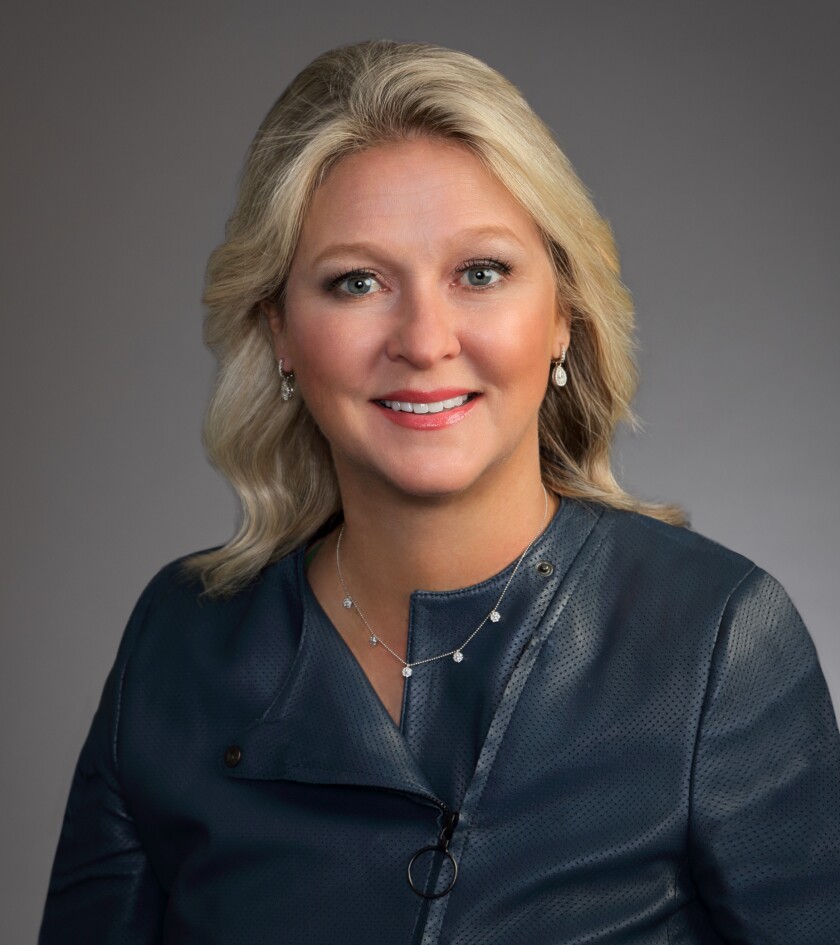The Internal Revenue Service issued guidance Tuesday to make temporary changes to section 125 cafeteria plans, with the goal of providing tax relief and flexibility in the midst of the novel coronavirus pandemic. The IRS is extending the claims period for health care flexible spending arrangements and dependent care assistance programs and enabling taxpayers to make mid-year changes to their accounts.
The guidance released Tuesday by the IRS deals with the unanticipated changes in expenses faced by many taxpayers as a result of the COVID-19 pandemic. The IRS is now allowing its previously provided temporary relief for high deductible health plans to be applied retroactively to Jan. 1, 2020, and also increases for inflation the $500 permitted carryover amount for health FSAs to $550.
Terri Kallsen is a managing partner at Rise Growth Partners, a financial partner for middle-market RIAs, and was elected the 2025 CFP Board chair-elect.
Formerly, she was the COO of Wealth Enhancement Group leading advisor teams, platform/digital strategy and high net worth and trust services. Prior to WEG, she was executive vice president of Investor Services at Charles Schwab, leading 7,000 employees and $1.6 trillion in AUM. Her tenure at Charles Schwab was highlighted by multiple J.D. Power awards for client satisfaction.
Jeremy Thielen, CPA, PFS, is general partner of tax and wealth strategies of Thielen & Associates Inc.
Michael Bannon is vice president of CSG Partners, a leading ESOP investment banking practice. Since joining CSG in 2017, he has advised middle-market clients on a range of employee ownership transactions, including leveraged ESOP formations, M&A, and plan recapitalizations. Reach him at mbannon@csgpartners.com.
In Notice 2020-29, the IRS is offering extra flexibility to taxpayers by:
- extending the claims periods for taxpayers to apply unused amounts remaining in a health FSA or dependent care assistance program for expenses incurred for those same qualified benefits through Dec. 31, 2020;
- expanding the ability of taxpayers to make mid-year elections for health coverage, health FSAs and dependent care assistance programs, allowing them to respond to changes in needs as a result of the COVID-19 pandemic; and
- applying earlier relief for high-deductible health plans to cover expenses related to COVID-19, and a temporary exemption for telehealth services retroactively to Jan. 1, 2020.
In conjunction with that notice, the IRS also issued Notice 2020-33, in response to the Trump administration’s Executive Order 13877, which directs the Treasury secretary to “issue guidance to increase the amount of funds that can carry over without penalty at the end of the year for flexible spending arrangements.” The notice ups the limit for unused health FSA carryover amounts from $500, to a maximum of $550, adjusted each year for inflation.




